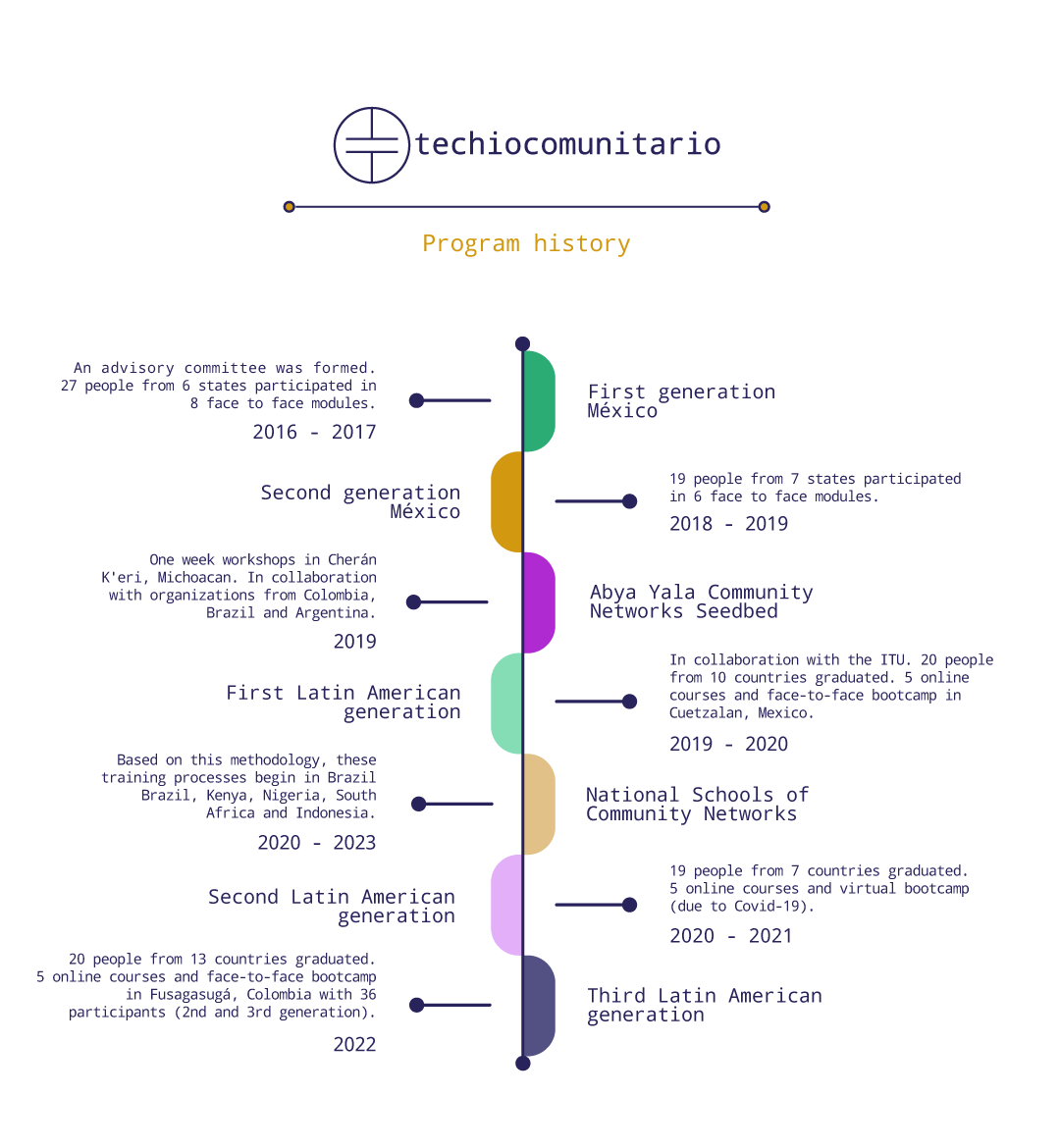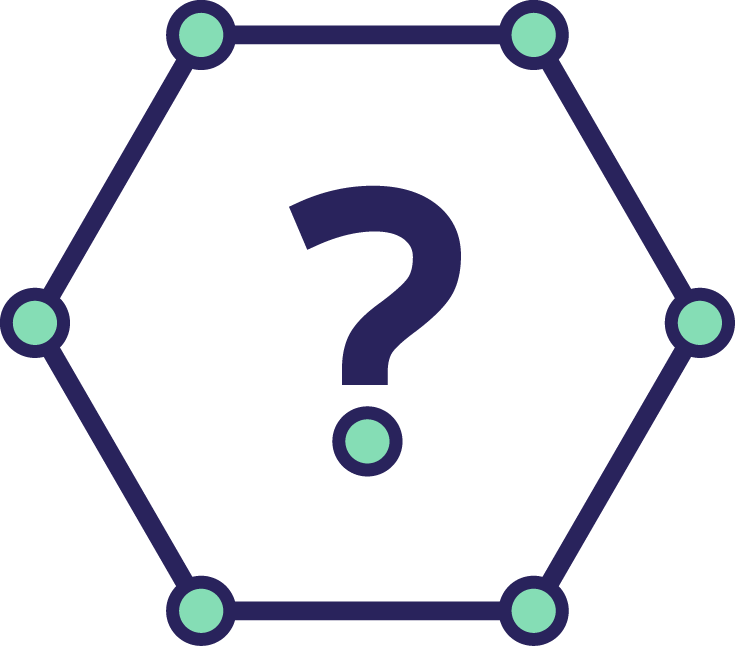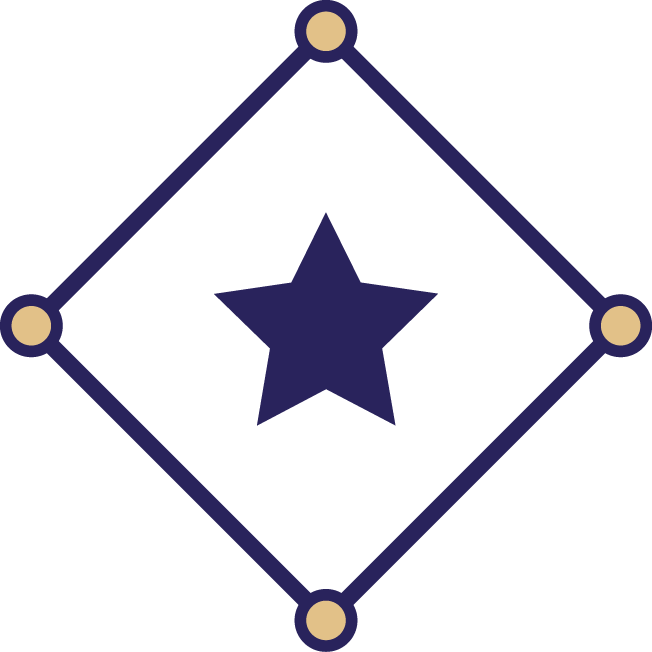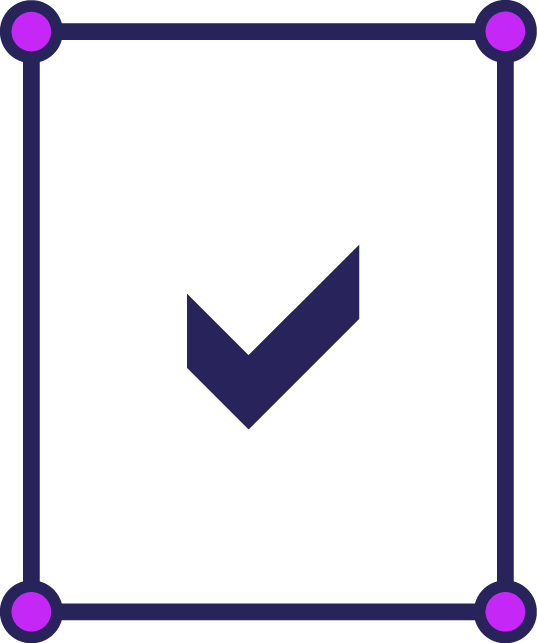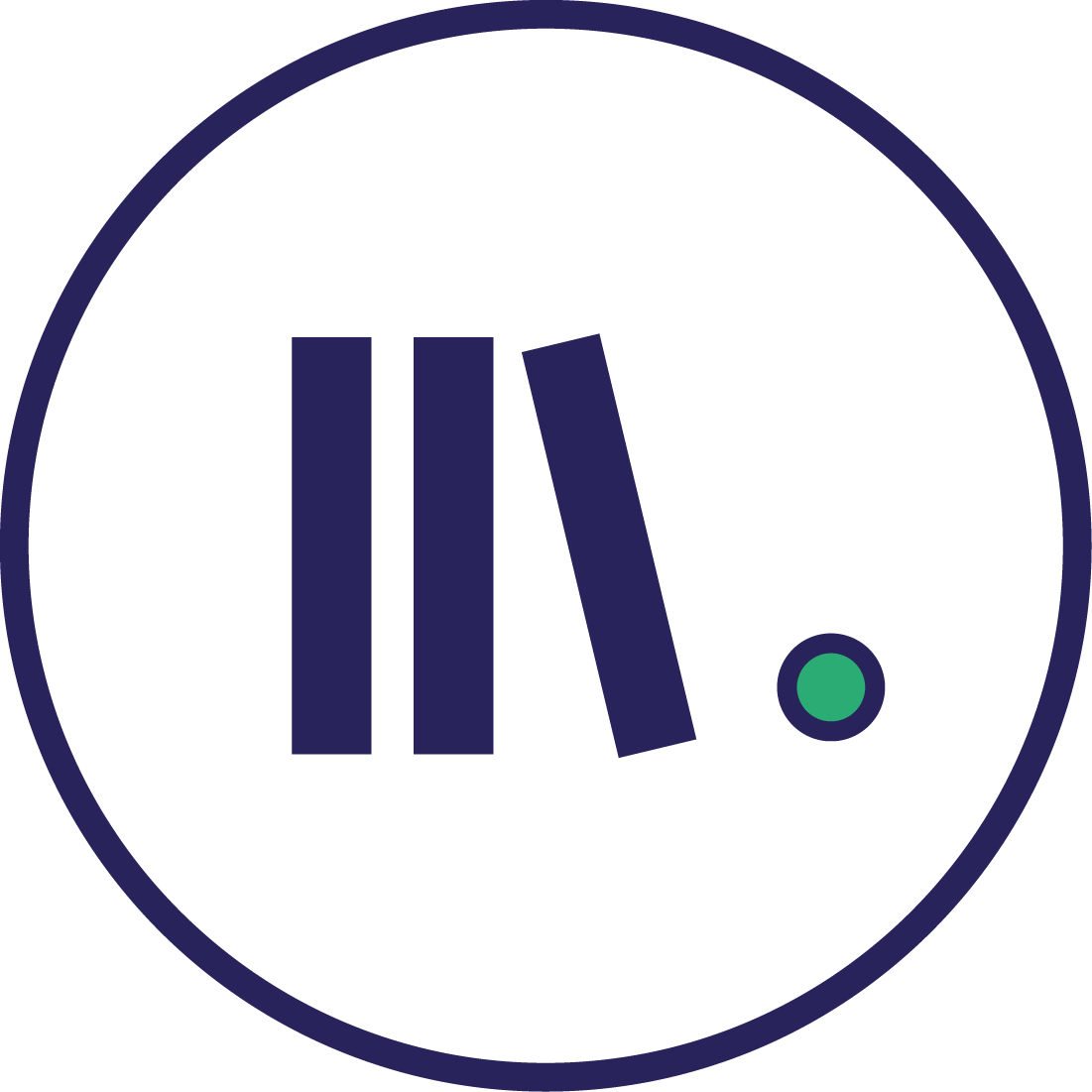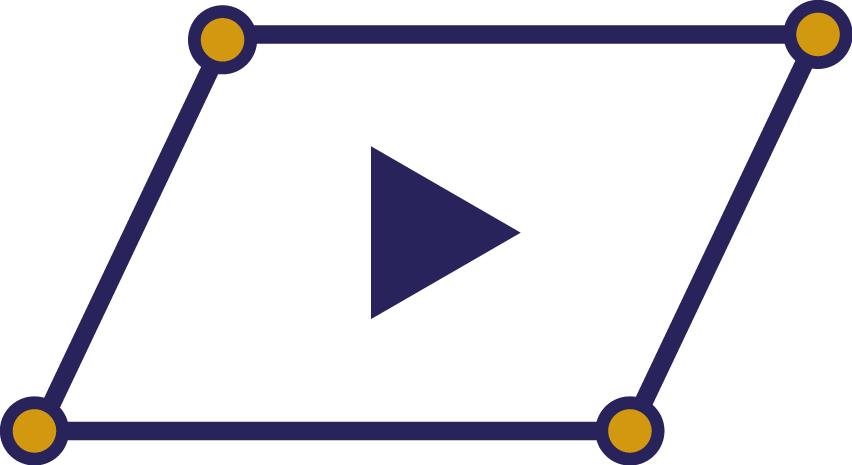history of the process
This journey began in 2012 when organizations linked to training processes in indigenous communication in Mexico met to think about which educational strategies could strengthen the communities we were supporting. Based on the phases of Participatory Action Research (PAR), we conducted in-depth interviews with which we built the training scenario in this field, as well as meeting the expectations and improvement desires that existed on the part of the people involved.
In 2014 we conducted a reflection workshop with the people and organizations interviewed to establish the strategies and priority needs to design and collectively implement a training program.
So far, two in-person editions have been executed in Mexico with more than 50 graduates from seven states of the country. The first generation (2016-2017) was coordinated by Diversity, Equity and Sustainability Networks A.C. (REDES A.C. for its acronym in Spanish) and Word Radio, and consisted of five common core modules and three specialties. The second generation (2018-2019) was in charge of the Boca de Polen Communicators Network and consisted of six modules in which all the topics to be addressed were combined.
In 2019, as part of the follow-up offered to those who participated in the program, the Abya Yala Community Networks Seedbed was held in Cherán K'eri, in the state of Michoacán. This one-week course was divided into two workshops: Introduction to Community Networks and Participatory Design of Community Intranets. Participants included Techio Comunitario graduates and members of the community. Subsequently, the Seedbed was held in the region of Traslasierra, Cordoba, Argentina. These workshops were coordinated by REDES A.C. and the Argentinean organization Altermundi.
On the other hand, Techio Comunitario has laid the groundwork for other international actions such as the Training Program for Technical Promoters in Indigenous Communities in Telecommunications and Broadcasting, which is aimed at participants from Latin America. Since 2019, its three partially in-person editions have been developed thanks to the direct involvement with the International Telecommunication Union (ITU).
As of 2020, the methodology for the design of this experience serves as the foundation for the training and mentoring work kit in the Supporting Community-led Approaches to Addressing the Digital Divide project, which is being implemented in Kenya, Nigeria, South Africa, Brazil and Indonesia, under the coordination of the Association for Progressive Communications (APC) and Rhizomatica.
This methodology was systematized in Technological Autonomy as a Constellation of Experiences: A guide for the collective creation and development of training programs for technical community promoters, published in 2021 in Spanish, English, Portuguese and French.
